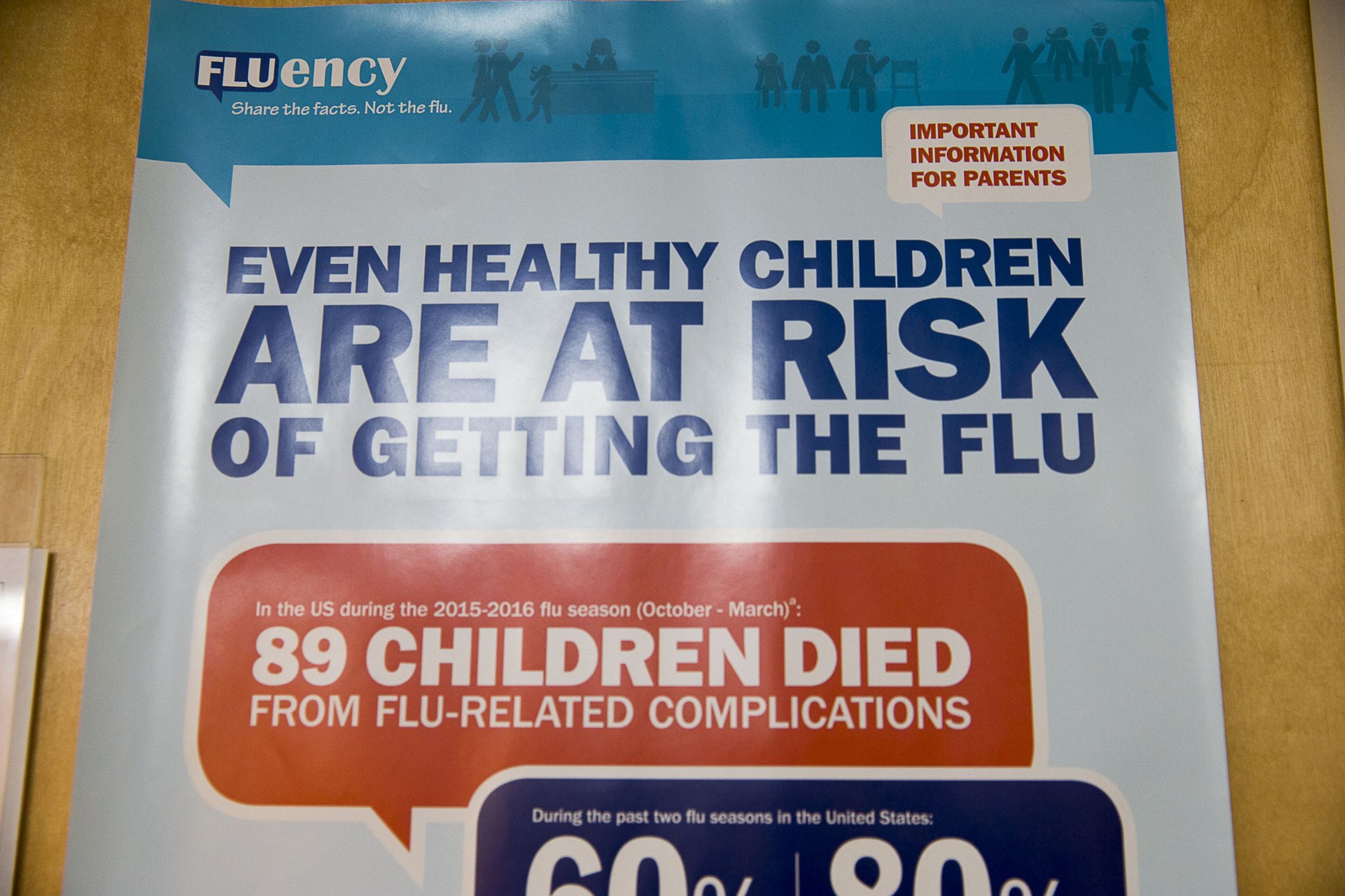Flu activity, already high in Georgia, increases again

Flu activity in Georgia is widespread, and the number of cases continues to rise, according to health authorities.
As we head into the busy holiday season, with many people traveling, experts are urging those who have not yet gotten a flu shot to make it a priority.
It takes about two weeks after a flu shot for antibodies to develop in the body, according to the Centers for Disease Control and Prevention.
In week ending Nov. 30, 5.85% of patient visits to doctors were for the flu, up from 5.31% the week before, according to the latest surveillance report from the state health department.
MORE: When you can go back to work or school if you have the flu?
Flu activity has been steadily rising over the past several weeks. There have been 132 flu-related hospitalizations in metro Atlanta and one flu-related death reported in the state.
The flu season is still in its early days, making it too early to declare this a severe year. But the numbers were higher last month than in each of the previous two Novembers. Flu activity typically peaks between December and February.
Puerto Rico and 11 states besides Georgia — including Alabama, South Carolina and Louisiana — are also at high flu activity levels, according to the latest surveillance report from the CDC.

A rough flu season in Australia had medical experts on high alert for potentially the same in the U.S. Australia, which saw an earlier-than-usual peak of flu cases, was hit hard with a particularly virulent flu strain, H3N2, which generally causes more severe illness, especially in older people.
Public health experts stress that the Australian flu season doesn’t always predict the U.S. one. Even within the U.S., there can be regional differences.
But flu activity in Georgia is higher than it was around this time of year during the brutal 2017-2018 flu season — which turned out to be one of the worst on record.
In January 2018, more than 100 people in metro Atlanta were hospitalized for flu-related illnesses every week. By the end of that season, 145 people in the state had died from flu-related causes, and more than 3,000 people in metro Atlanta had been hospitalized.
The flu season usually starts to recede in March but can extend into May — as it did last flu season.
Dr. Hugo Scornik, a Conyers pediatrician and vice president of the Georgia Chapter of the American Academy of Pediatrics, said it's especially important for children in high risk groups — such as those with health conditions and those between the ages of six months and 2 years old — to get vaccinated.
A 2017 CDC study showed that flu vaccines significantly reduced a child’s risk of dying from the flu.


